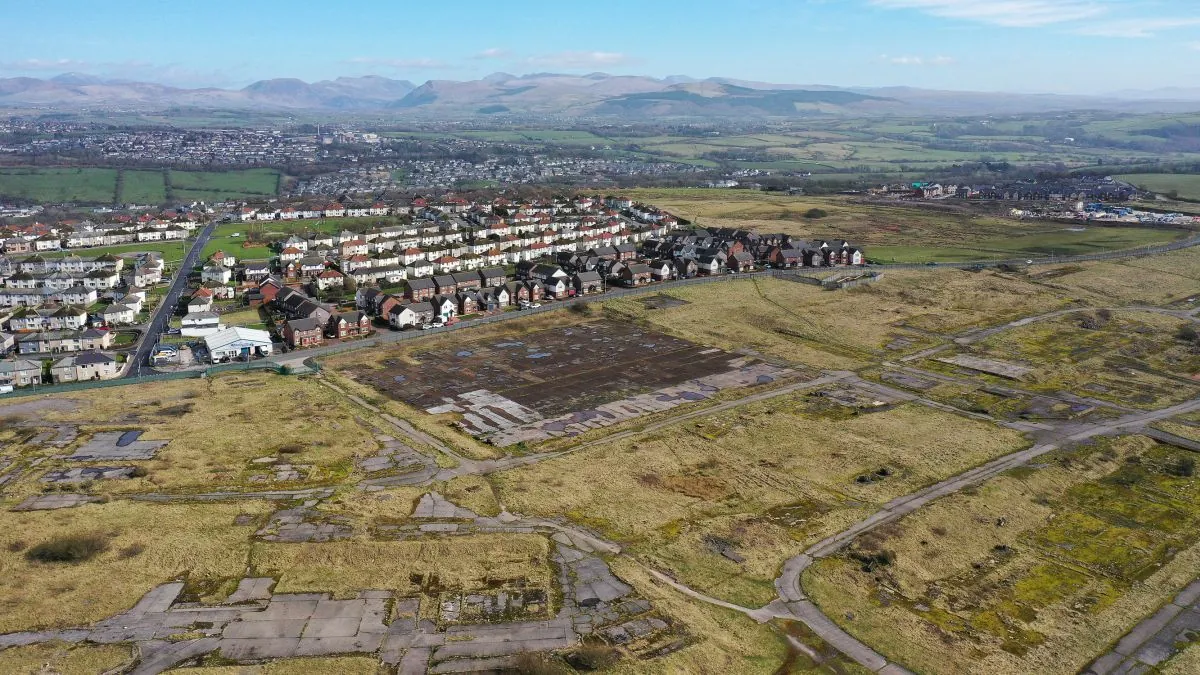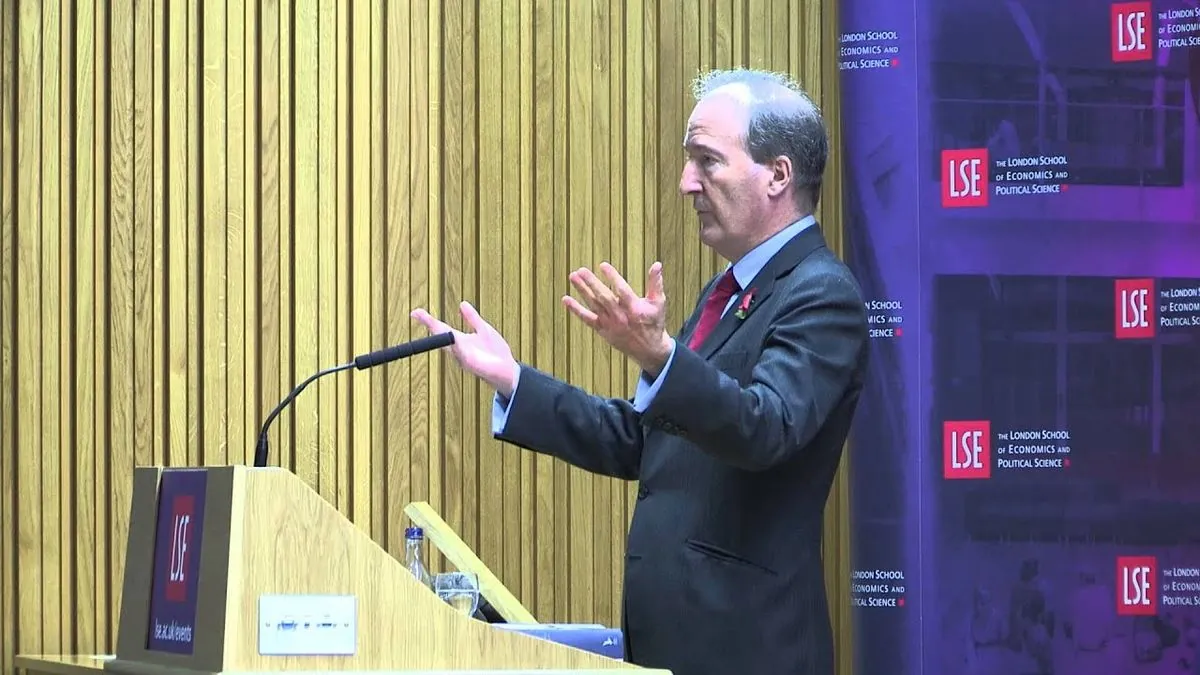UK Blocks New Coal Mine Plans Amid Environmental Concerns
Authorities reject licence applications for Britain's first new coal mine in 30 years, following Labour Government's withdrawal of support. The decision aligns with the UK's commitment to clean energy and net zero goals.

In a significant development for the UK's energy sector, plans for Britain's first new coal mine in three decades have been halted. The Coal Authority, an independent body under the Department for Energy Security and Net Zero, has rejected three licence applications for the proposed Woodhouse Colliery near Whitehaven, Cumbria.
This decision comes just weeks after the Labour Government withdrew its support for the project, citing environmental concerns. The rejection marks a crucial moment in the UK's ongoing transition away from fossil fuels, aligning with the nation's commitment to achieving net zero emissions by 2050.
The proposed mine, which would have been the first new coal operation in the UK since 1994, faced fierce opposition from environmental groups. Friends of the Earth and South Lakes Action on Climate Change took legal action against the government to prevent the project from moving forward. Their efforts culminated in a High Court ruling earlier this month, which overturned the planning permission granted by the previous administration in 2022.

Ed Miliband, who heads the Department for Energy Security and Net Zero, has been a vocal critic of the proposed mine. During his time in opposition, Miliband advocated for "green jobs" in Cumbria instead of what he termed a "climate-destroying coal mine." This stance reflects the broader shift in UK energy policy, which has seen coal consumption decrease by 93% between 1970 and 2016.
The project's proponent, West Cumbria Mining, had ambitious plans for the Woodhouse Colliery. They aimed to produce 3.5 million tonnes of high-grade metallurgical coal annually, primarily for use in the steel industry. The company also pledged to create over 500 jobs and operate as the world's lowest-emission coal mine.
Despite these promises, the UK government's focus has shifted decisively towards clean energy. A spokesperson for the Department for Energy Security and Net Zero stated, "We want to bring an end to the country's dependence on fossil fuel markets, including coal – and we've already taken immediate steps to unleash investment in clean homegrown power, supporting skilled jobs across the country."
This decision reflects the UK's broader commitment to environmental sustainability. The nation has set a legally binding target to phase out coal power completely by 2024 and achieve net zero emissions by 2050. These goals are in line with the Paris Agreement's aim to limit global warming to well below 2°C above pre-industrial levels.
While the rejection of the coal mine licences represents a setback for the project, West Cumbria Mining retains the right to appeal the decision. However, the outcome underscores the changing landscape of energy production in the UK, as the country moves away from its historical reliance on coal – an industry that once employed 1.1 million workers at its peak in 1913.
As the UK continues its transition to cleaner energy sources, the focus now turns to developing alternative industries and creating sustainable employment opportunities in regions traditionally associated with coal mining. This shift not only aligns with environmental goals but also presents new challenges and opportunities for communities like Cumbria, which have a rich mining heritage dating back to the 13th century.
"We want to bring an end to the country's dependence on fossil fuel markets, including coal – and we've already taken immediate steps to unleash investment in clean homegrown power, supporting skilled jobs across the country."
The decision to block the new coal mine plans marks a significant milestone in the UK's journey towards a more sustainable future, balancing economic considerations with the urgent need to address climate change.


































